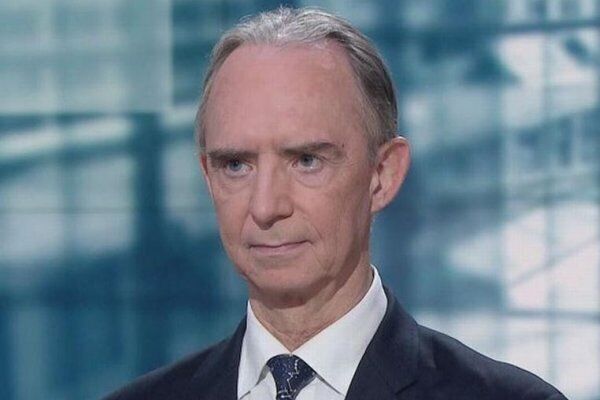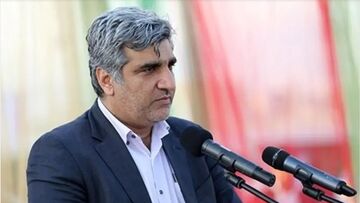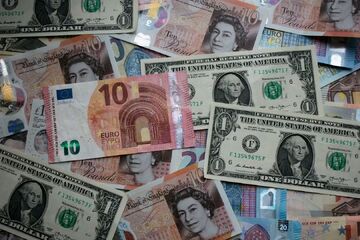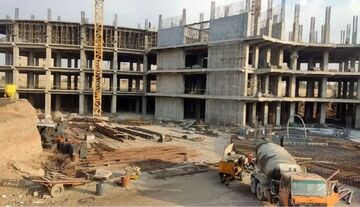TEHRAN(Bazaar) –Marc Finaud, Head of Arms Proliferation at the Geneva Centre for Security Policy (GCSP), says Vienna talks are really in the end-game phase.
He adds that Both sides realized that is was in their mutual interest to engage and find diplomatic/technical solutions to the remaining issues and no alternative was able to deliver their main objectives.
Following is the text of the Bazaar interview with Marc Finaud.
Bazaar: According to the news, the Vienna talks are moving forward. The Western parties also announced for the first time the progress in the negotiations. What is your assessment?
Finaud: Yes indeed, the statements by all sides are optimistic and this is a good sign. The talks are really in the end-game phase.
Bazaar: According to some news, the negotiations will end by the end of February. This was while with the beginning of the talks in the seventh round, they assessed the situation as complicated and complicated. What happened that brought the views of Iran and the US closer together?
Finaud: Both sides realized that is was in their mutual interest to engage and find diplomatic/technical solutions to the remaining issues. No alternative was able to deliver their main objectives. The other parties (EU, Russia, China) also played a useful role in offering their mediation and compromise solutions.
Bazaar: During a recent visit to Israel, US National Security Adviser Jake Sullivan told Israeli officials that the threat of a return to UN Security Council sanctions through a snapback mechanism should be used as a means to deter Iran from enriching uranium with weapons-grade. That is, the United States intends to activate the snapback mechanism if Iran's enrichment increases. Meanwhile, the head of Iran's Atomic Energy Organization, Mohammad Eslami, has stated that Iran will not carry out more than 60 percent enrichment, even if the talks fail. What is the reason for the US threat to activate the snapback mechanism?
Finaud: This mechanism is part of the JCPOA in case of non-compliance by Iran with its commitments. But the US is threatening to resort to this mechanism mainly to placate Israel and reassure it that a restoration of the JCPOA will not allow Iran to produce weapons-grade material.
Bazaar: Israel, which has been opposed to any nuclear deal with Iran, has changed its position, declaring that a deal with Iran is better than no deal at all. What are the reason for Israel's change of position and its acceptance of the revival of the JCPOA?
Finaud: After Netanyahu was defeated in the last election, some prominent figures from the Israeli security establishment began to speak up and stress that Trump’s decision, influenced by Netanyahu, to withdraw from the JCPOA was eventually counterproductive from both the US and Israel’s security interests. Also the Biden administration convinced the Israeli government that a restoration of the JCPOA was in the US national security interest and therefore should not be opposed by Israel.
Bazaar: South Korea's Deputy Foreign Minister traveled to Vienna to decide on freeing up Iran's blocked funds. What is your assessment of this visit to Vienna during the talks?
Finaud: A release by South Korea of Iran’s assets would be part of the sanctions relief that would result from a restoration of the JCPOA. It was logical that South Korea consult and coordinate with the US and the other partners in the Vienna talks about the sequence of sanctions relief.















نظر شما